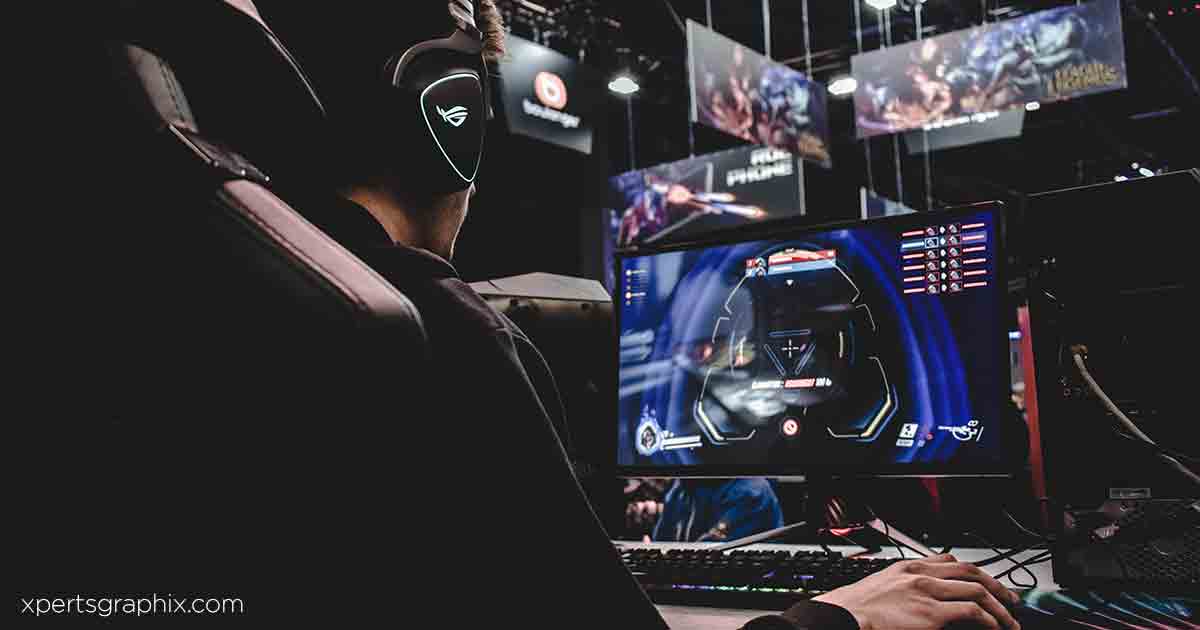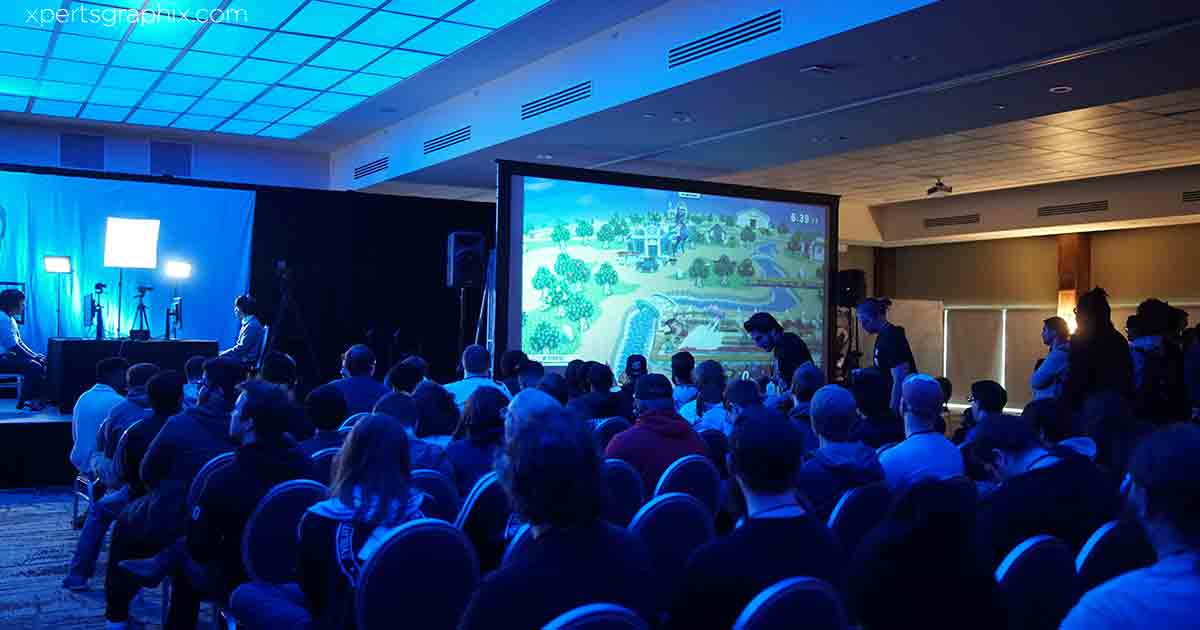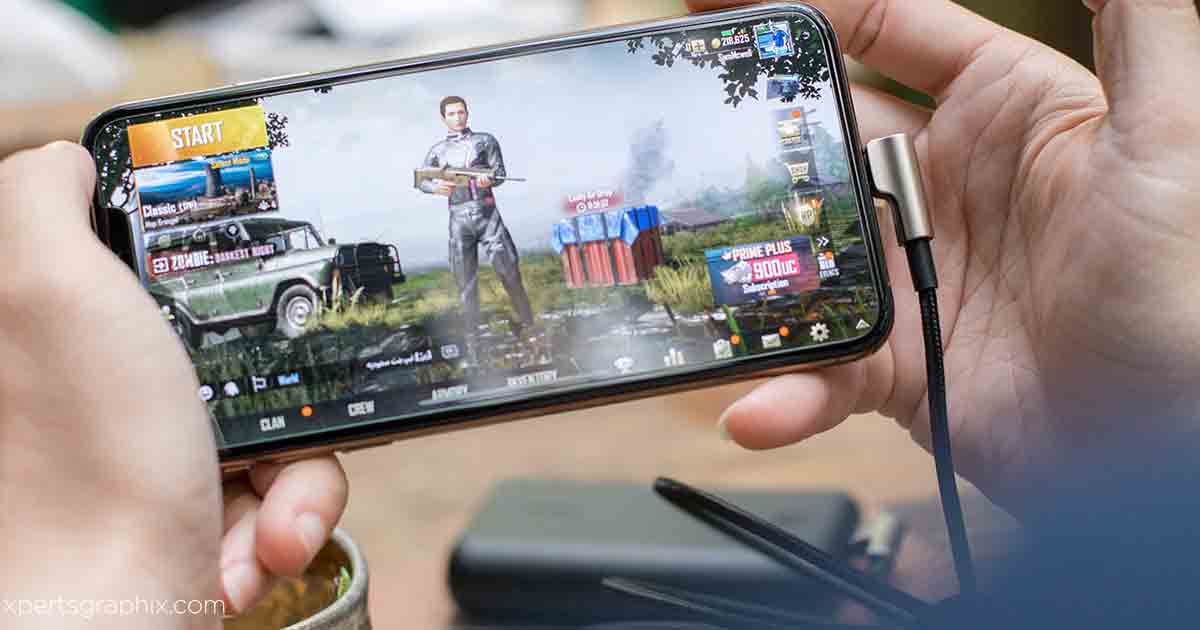tools indie developers

Game design tools for indie developers
Tools indie developers
Game development has become increasingly accessible to independent developers, thanks to the rise of powerful game design tools.
These tools enable individuals or small teams to create captivating and immersive gaming experiences without extensive programming knowledge or a large budget.
This article examines the significance of game design tools for indie developers and presents essential tools that can assist in transforming their game ideas into reality.
The Importance of Game Design Tools for Indie Developers
Game design tools play a crucial role in the success of indie developers.
They provide a foundation for creating, prototyping, and refining game concepts, saving valuable time and resources.
These tools often offer intuitive interfaces and drag-and-drop functionality, allowing developers to focus more on the creative aspects of game design rather than getting bogged down in technical complexities.
These tools often come with extensive documentation, tutorials, and active online communities, providing support and fostering collaboration among developers.
Choosing the Right Game Design Tools
When selecting game design tools, indie developers must consider several factors to confirm they choose the right ones for their needs.
Let’s explore some key considerations:
Understanding Your Game’s Requirements
Different games require different tools.
Consider the genre, gameplay mechanics, and visual style of your game.
For example, a 2D platformer might benefit from tools that specialize in pixel art, while a 3D open-world game would require more robust game engines.
Assessing Your Development Skills
Evaluate your team’s or your development skills.
Some tools cater to beginners, providing user-friendly interfaces and simplified workflows, while others offer more advanced features suitable for experienced developers.
Choose tools that align with your skill level to maximize efficiency and productivity.
Considering Budget Constraints
Budget is another critical factor. While some game design tools are free or open-source, others have licensing fees or subscription models.
Assess your budget and determine the amount you will invest in tools.
Remember that spending on quality tools can significantly impact the final product’s quality and success.
Game Engines for Indie Developers
Game engines are the backbone of game development, providing the framework to build and run games.
Here are three popular game engines that cater to indie developers:
Unity
Unity is a widely used and versatile game engine suitable for both 2D and 3D game development.
It offers many features, including a visual editor, cross-platform deployment, and a large community.
Unity’s Asset Store also provides various pre-made assets, plugins, and tools to enhance your game development process.
Unreal Engine
Unreal Engine is another powerful game engine focusing on high-quality visuals and realistic graphics.
It offers a visual scripting system called Blueprint, which allows developers to create game logic without writing code.
Unreal Engine’s Marketplace provides a wealth of assets, making it easier for indie developers to create visually stunning games.
GameMaker Studio
GameMaker Studio is known for its simplicity and ease of use.
It offers a drag-and-drop interface for beginners and a built-in scripting language for more advanced developers.
GameMaker Studio is suitable for 2D games and has a powerful community that shares resources and knowledge.
Level Design Tools
Level design tools help developers create intricate and engaging game levels.
Here are some notable tools for indie developers:
Tiled
Tiled is a popular open-source-level editor for tile-based games.
It allows developers to design levels using various tilesets, creating visually appealing and well-structured game worlds.
Tiled supports various game engines and file formats, making it a versatile choice for indie developers.
Dungeon Builder
Dungeon Builder is a powerful tool designed explicitly for creating dungeons and similar structures.
It offers an intuitive interface, allowing developers to easily design complex layouts, add assets, and customize lighting and effects.
Dungeon Builder streamlines the level design process, enabling indie developers to focus on creating immersive gameplay experiences.
ProBuilder
ProBuilder is a level design tool that integrates seamlessly with Unity.
It allows developers to build and prototype levels directly within the Unity editor.
ProBuilder offers extensive tools for creating and editing geometry, enabling indie developers to iterate and refine their level designs rapidly.
Art and Animation Tools
Captivating visuals and animations are essential elements of any game.
Here are some valuable tools for indie developers in the art and animation domain:
Adobe Photoshop
Adobe Photoshop is a universal image editing software widely used in the game development industry.
It provides various tools and features for creating and manipulating game assets, including sprites, textures, and UI elements.
Photoshop’s extensive capabilities make it a go-to choice for indie developers looking to craft visually stunning games.
Aseprite
Aseprite is a pixel art tool designed specifically for game developers.
It delivers a user-friendly interface and a comprehensive set of pixel art tools, making it easy to create retro-style graphics.
Aseprite supports animation and sprite sheet creation, allowing indie developers to bring their characters and game worlds to life.
Spine
The spine is a powerful 2D skeletal animation tool that simplifies the animation process for game characters and objects.
It offers a bone-based animation system, allowing developers to create smooth and realistic movements easily.
Spine integrates with various game engines and provides runtime libraries for seamless integration into your game projects.
Audio Tools
Sound and music play a critical part in enhancing the gaming experience.
Here are some audio tools for indie developers:
FMOD Studio
FMOD Studio is a professional-grade audio middleware tool widely used in the game industry.
It offers a visual interface for creating interactive audio systems, including music, sound effects, and adaptive soundtracks.
FMOD Studio provides real-time editing capabilities, making it easier for indie developers to fine-tune their game’s audio.
Wwise
Wwise is another popular audio middleware tool that allows developers to create dynamic and immersive soundscapes for their games.
It offers advanced features like interactive music systems, spatial audio, and adaptive audio behaviors.
Wwise’s intuitive interface and extensive documentation make it a valuable tool for indie developers seeking high-quality audio experiences.
Audacity
Audacity is a cost-effective choice for indie developers as it is a free and open-source audio editing software.
It provides essential audio editing functionalities, including recording, editing, and mixing.
Audacity supports various audio formats and offers plugins for additional effects and processing capabilities.
Playtesting and Bug Tracking Tools
Testing and bug tracking are crucial aspects of game development.
Here are some tools to help indie developers streamline this process:
TestFlight
TestFlight is a testing platform provided by Apple for iOS app developers.
It allows indie developers to distribute beta versions of their games to a few testers for feedback and bug reporting.
TestFlight simplifies the testing and feedback collection process, enabling developers to identify and address issues before releasing their games to a wider audience.
Bugzilla
Bugzilla is an open-source bug-tracking system that helps developers track and manage software bugs.
It provides a centralized platform for capturing, organizing, and resolving bug reports.
Bugzilla’s customizable workflows and robust search capabilities make it a valuable tool for indie developers to streamline their bug-fixing processes.
Trello
Trello is a tool designed for project management purposes that can be used for bug tracking and task management.
It offers a visual interface where developers can create boards, lists, and cards to track bugs, assign tasks, and collaborate with team members.
Trello’s simplicity and flexibility make it a popular choice for indie developers looking for an efficient way to manage their projects.
Monetization and Analytics Tools
Monetizing games and gathering insights into player behavior are essential for indie developers seeking success.
Here are some tools to help in these areas:
Google AdMob
Google AdMob is a platform specifically tailored for mobile advertising that enables developers to monetize their games through in-app advertisements.
AdMob offers various ad formats, including banner ads, interstitial ads, and rewarded videos.
Indie developers can integrate AdMob into their games to generate revenue by displaying ads to their players.
Unity Ads
Unity Ads is a monetization platform integrated into the Unity game engine.
It allows developers to display advertisements in their games and earn revenue based on ad impressions and interactions.
Unity Ads offers various ad formats and advanced targeting options, giving indie developers flexibility in monetizing their games.
GameAnalytics
GameAnalytics is an analytics platform specifically designed for game developers.
It provides:
- Valuable insights into player behavior.
- Allowing indie developers to track metrics such as player retention.
- In-game purchases.
- Level completion rates.
GameAnalytics’ comprehensive analytics dashboard helps developers make data-driven decisions to optimize their games for better player engagement and monetization.
Collaboration and Version Control Tools
Collaboration and version control are crucial for smooth teamwork and efficient development processes.
Here are some tools to aid indie developers in these areas:
GitHub
GitHub is a popular web-based hosting platform for version control and collaboration.
It allows developers to store, manage, and share their code repositories easily.
GitHub offers powerful version control features, including branching, merging, and pull requests, enabling indie developers to work together seamlessly and track changes effectively.
Bitbucket
Bitbucket is another web-based hosting platform that provides Git and Mercurial repository management.
It offers version control features similar to GitHub but includes additional functionality such as built-in continuous integration and deployment capabilities.
Bitbucket’s integration with other Atlassian products makes it a compelling choice for indie developers seeking a comprehensive development and collaboration ecosystem.
Slack
Slack is a team communication and collaboration forum that simplifies project communication and coordination.
It provides instant messaging, file sharing, and integration capabilities, enabling indie developers to communicate effectively and share real-time updates, assets, and feedback.
Slack’s organized channels and customizable workflows make it a valuable tool for remote teams or developers working across different time zones.
The Future of Game Design Tools for Indie Developers
The game development industry constantly evolves, and new tools and technologies emerge.
As the demand for indie games grows, developers can expect more specialized and accessible game design tools tailored to their needs.
The future may bring advancements in artificial intelligence, virtual reality, and cloud-based development environments, empowering indie developers to create even more immersive and innovative gaming experiences.
Conclusion
Game design tools are essential for indie developers to bring their game ideas to life.
By choosing the right tools, indie developers can streamline their development processes, create captivating visuals and audio, and effectively test and monetize their games.
With a diverse range of tools available for different facets of game development, indie developers craft distinctive and captivating gaming experiences that captivate players across the globe.
FAQs
Q1. Can I use multiple game engines or tools together?
You can combine multiple game engines and tools based on your game’s requirements.
Many game engines offer compatibility with third-party tools, allowing you to leverage different strengths and features from various sources to enhance your game development process.
Q2. Are these tools suitable for solo indie developers?
Absolutely! Many of the mentioned tools are designed with indie developers in mind, including those working solo.
These tools often provide user-friendly interfaces and comprehensive documentation to support indie developers, regardless of team size.
Q3. Can I publish my games on multiple platforms using these tools?
Yes, most game engines and development tools support multi-platform deployment.
You can typically publish your games on PC, Mac, consoles, and mobile devices.
However, checking each platform’s specific requirements and guidelines is essential to ensure compatibility and compliance.
Q4. Do these tools require coding knowledge?
While some tools provide visual scripting interfaces or drag-and-drop functionality, having some coding knowledge can still be beneficial, especially for customization or advanced features.
However, many tools cater to developers with varying levels of programming expertise, making game development accessible to both non-programmers and experienced developers.
Q5. How can I gain the skills to use these tools effectively?
Most game design tools offer extensive documentation, tutorials, and active online communities.
Take benefit of these resources to learn the ins and outs of each tool.
Participating in game development forums, attending workshops, or enrolling in online courses can further enhance your skills and knowledge.




